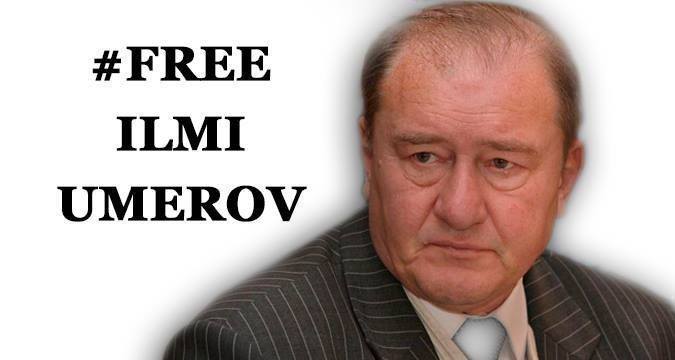
UN Human Rights Council, 33d session – statement on Ukraine
ID on Ukraine (item 10)
27 September 2016
Speaker: Mr. Glenn Payot
Thank you Mister President, Madam Deputy High Commissioner,
MRG is concerned with regard to the situation of two populations currently at risk in Ukraine: the Roma minority and indigenous Crimean Tatars. Both communities experience serious repercussions, including as a result of the conflict in Eastern Ukraine and the annexation of Crimea.
The increasing insecurity within Crimea means the prospect for the safe return of internally displaced Crimean Tatars in Ukraine to their homeland is at risk.
Despite international outcry, the Mejlis of Crimean Tatar people – the representative institution of Crimean Tatars – remains banned by the de facto authorities. Additionnaly, politically motivated detention of representatives of the Crimean Tatar people and frequent interruption, banning and restriction of cultural and religious activities, violates the right to self determination, including the right to maintain distinct political and social institutions, is in direct violation of the UN Declaration on the Rights of Indigenous Peoples.
Last month, the de facto authorities forcibly moved Mr. Ilmi Umerov, Deputy Chair of Mejlis, into a psychiatric hospital, in what amounts to a practice of punitive psychiatry. While Mr. Umerov was finally released 3 weeks ago, criminal charges against him are still pending. Specifically, he is charged with separatism as a result of opposing Crimea’s annexation by the Russian Federation, which may result in a 5-year prison sentence.
MRG calls on the authorities of the Russian Federation to immediately revoke the banning of Crimean Mejilis, including the dropping of charges against individuals who are members of, or associated with the Mejilis, like Mr. Umerov.
Mister President, MRG is also concerned by the situation of Roma in Ukraine. As recently as last month, scores of Roma had to flee the village of Loschynivka, in Odessa Oblast of Ukraine, as the local council took the decision to expel the entire Roma community from the village after a Roma was suspected of the murder of a young girl. This incident highlights the continuing vulnerability of the Roma population to racial discrimination.
The recent concluding observations of the CERD highlight the additional challenge faced by the Roma population in receiving necessary humanitarian assistance when they are displaced in the framework of the conflict. The CERD report highlighted cases where Roma IDPs were denied assistance due to racial discrimination.
MRG therefore calls on the Ukrainian authorities to ensure the safe return of the Roma population of Loschynivka to their homes, and to ensure an open and transparent investigation into the circumstances of their expulsion
Ukraine should also ensure that members of the Roma population are able to obtain necessary ID documents and take measures to ensure they are not discriminated against in humanitarian and integration programmes.
I thank you.
Photo: Mr. Ilmi Umerov, Deputy Chair of Crimean Tatar Mejlis. Credit: QHA Crimean News Agency.